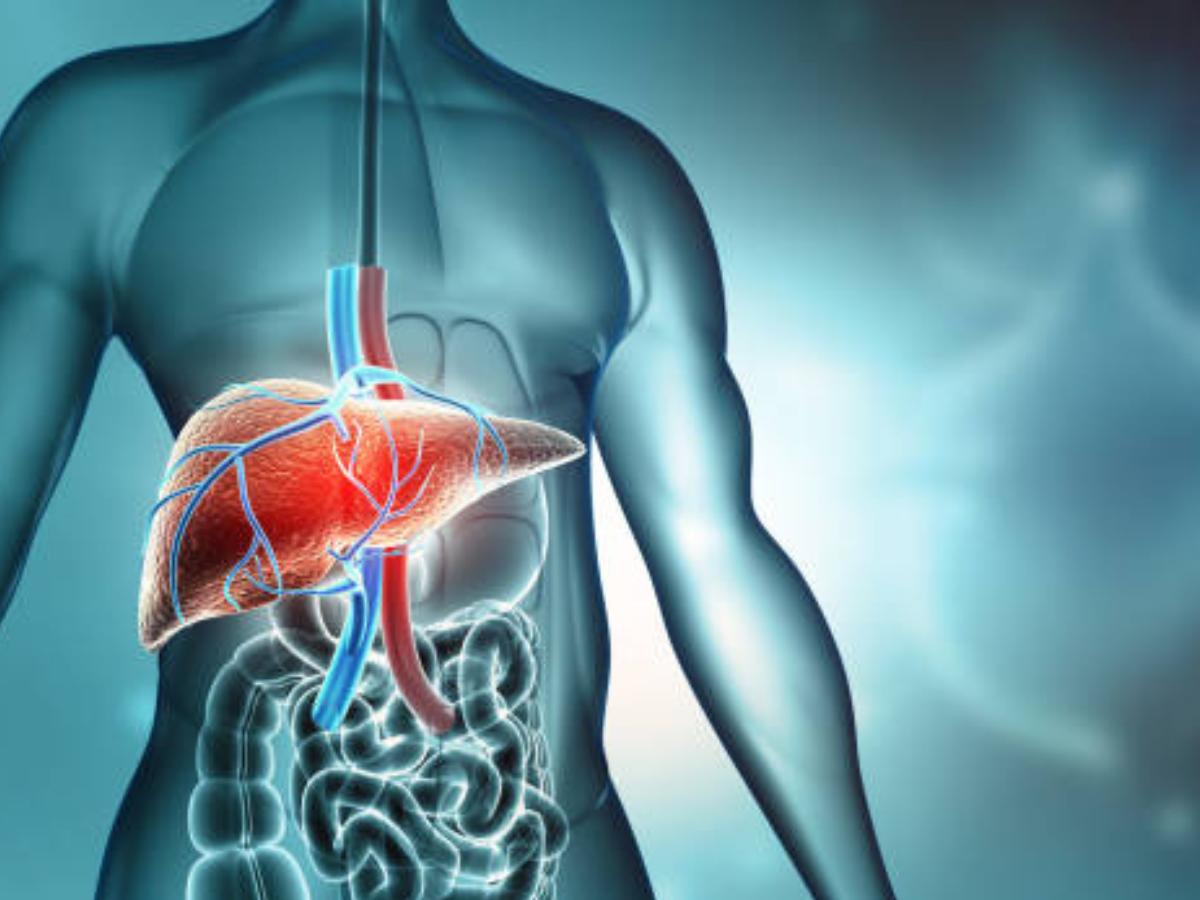20 or 80, THIS organ of the body is (mostly) immune to ageing! |

Speak about staying young forever. While humankind is still obsessed with youthfulness, it turns out one organ already has it figured out! Your liver. Whether you are 20 or 80, your liver remains biologically under the age of three. Yes, that’s right. An international team of scientists has discovered that the human liver remains biologically young throughout life, on average just under three years old, regardless of a person’s actual age. A study led by researchers at the Center for Regenerative Therapies Dresden (CRTD) at TU Dresden found that the liver maintains its youthful state through constant cellular renewal. The findings of the study are published in the journal Cell Systems. Forever young liver

Fatty liver
The liver is an essential organ that is in charge of many vital functions, including clearing toxins from our bodies. As it constantly deals with toxic substances, the chances of it getting injured regularly are high. In order to overcome this, the liver has the unique ability to regenerate itself after damage. However, as we age, the body’s ability to heal itself and regenerate decreases. This left the scientists wondering if the liver’s ability to renew itself is also gets affected. And guess what, live renewal in humans is a big mystery. “Some studies pointed to the possibility that liver cells are long-lived while others showed a constant turnover. It was clear to us that if we want to know what happens in humans, we need to find a way to directly assess the age of human liver cells,” Dr. Olaf Bergmann, research group leader at the Center for Regenerative Therapies Dresden (CRTD) at TU Dresden, said in a statement. To understand if age affects the liver, a team of biologists, physicists, mathematicians, and clinicians led by Dr. Bergmann analyzed the livers of multiple individuals who died at ages between 20 and 84 years old. And guess what? What they found was truly striking. Regardless of the biological age of these individuals, their liver cells were more or less the same age.“No matter if you are 20 or 84, your liver stays on average just under three years old,” Dr. Bergmann explains.Young, but not all

Though the liver continues to stay under the age of three, throughout a person’s life, not all cells are that young. A fraction of them can live up to 10 years before renewing itself. This subpopulation of liver cells carries more DNA than the typical cells. “Most of our cells have two sets of chromosomes, but some cells accumulate more DNA as they age. In the end, such cells can carry four, eight, or even more sets of chromosomes,” Dr. Bergmann said.

He added, “When we compared typical liver cells with the cells richer in DNA, we found fundamental differences in their renewal. Typical cells renew approximately once a year, while the cells richer in DNA can reside in the liver for up to a decade,” says Dr. Bergmann. “As this fraction gradually increases with age, this could be a protective mechanism that safeguards us from accumulating harmful mutations. We need to find out if there are similar mechanisms in chronic liver disease, which in some cases can turn into cancer.”
“Our research shows that studying cell renewal directly in humans is technically very challenging but it can provide unparalleled insights into the underlying cellular and molecular mechanisms of human organ regeneration,” Dr. Bergmann concluded.






